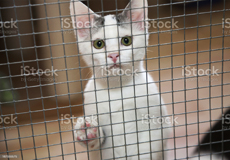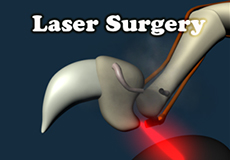Declawing has no benefits for cats
By the Paw Project
— November 11, 2021 —
The burden of proof in the case against declawing falls on those who want to declaw. There is ample evidence against this procedure; its deleterious effects are recognized by any good practitioner. Declawed cats are more likely to bite, less likely to use the litter box, more likely to over-groom, and more likely to have back pain. They are also more likely to become more irritable and aggressive. Where is the evidence that declawing has any benefit for the cat? Declawing advocates can’t produce evidence, because it doesn’t exist. There is no good reason to declaw a cat.
The rationalizations for declawing have all been refuted.
- Declawing does not keep a cat in its home. Declawed cats are regularly at the shelter after losing their homes because of the bad behaviors that start due to the declaw. Declawed cats bite more often and harder than their clawed counterparts. The use the litter box less than their clawed counterparts. If someone is intolerant of a cat scratching the couch, then it is very likely that that person will be intolerant of a cat peeing on the sofa and biting aggressively.

- Declawing a cat does not protect an immunocompromised human, or a child, or a hemophiliac. Declawed cats bite more often, and they bite harder than their clawed counterparts. If you called the emergency room and said that you were scratched by your cat, you would be told that you should wash it and watch it. If you called the emergency room and said that you were bitten by your cat, you would be advised to come in. According to the Mayo Clinic, one-third (33%) of cat bite injuries require hospitalization and IV antibiotics. Declawing a cat gives the human a false sense of safety, when it can make the cat more irritable, hence more dangerous, than if it had its claws.

- Declawing is not humane when performed with LASER, even when performed on young kittens, as is sometimes claimed. Surgical declawing with a laser does not reduce the need for pain management, but instead, can produce fourth degree burns, which are extremely painful and debilitating. Laser declaw surgery still results in an unnecessary amputation of healthy bones and can cause a lifetime of physical and neuropathic pain.

So what arguments are left? Declawing is lucrative for veterinarians? It can be, but the irony is that vets who voluntarily abandon declawing have successful practices catering to clients who want to know that their cats’ doctors are caring and want the best for the animal. People seek out the compassionate care of no-declaw veterinarians.

